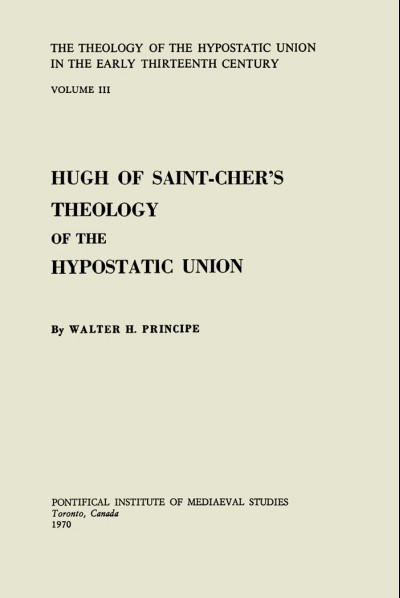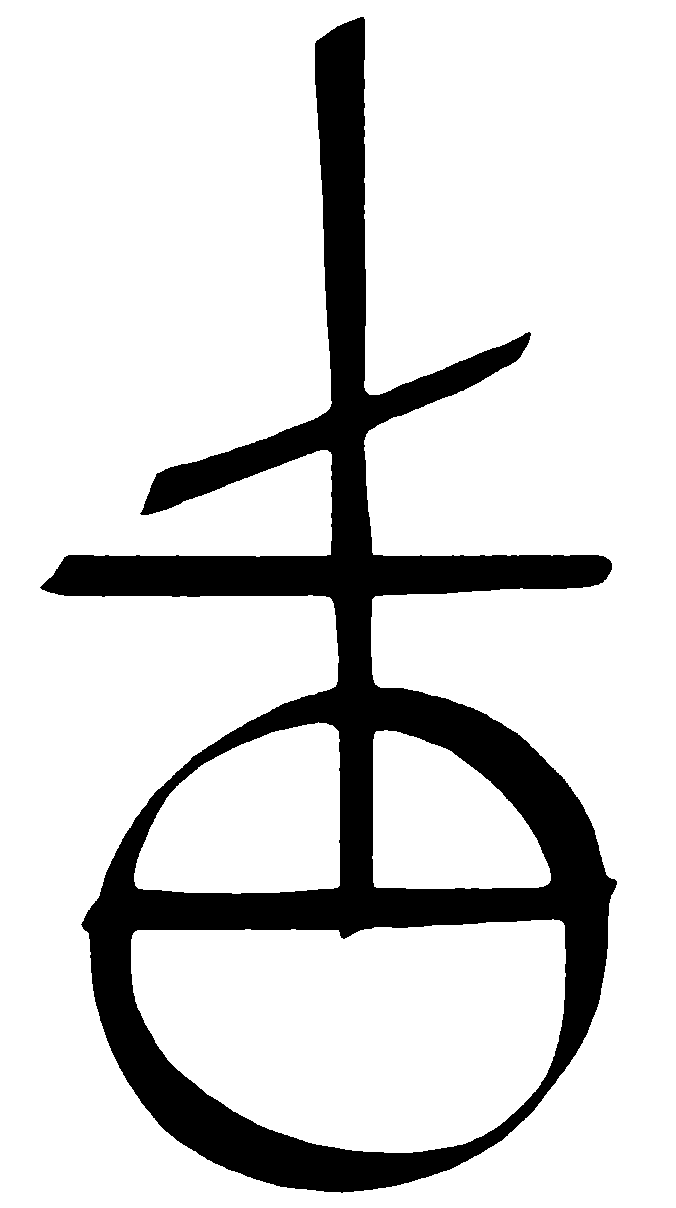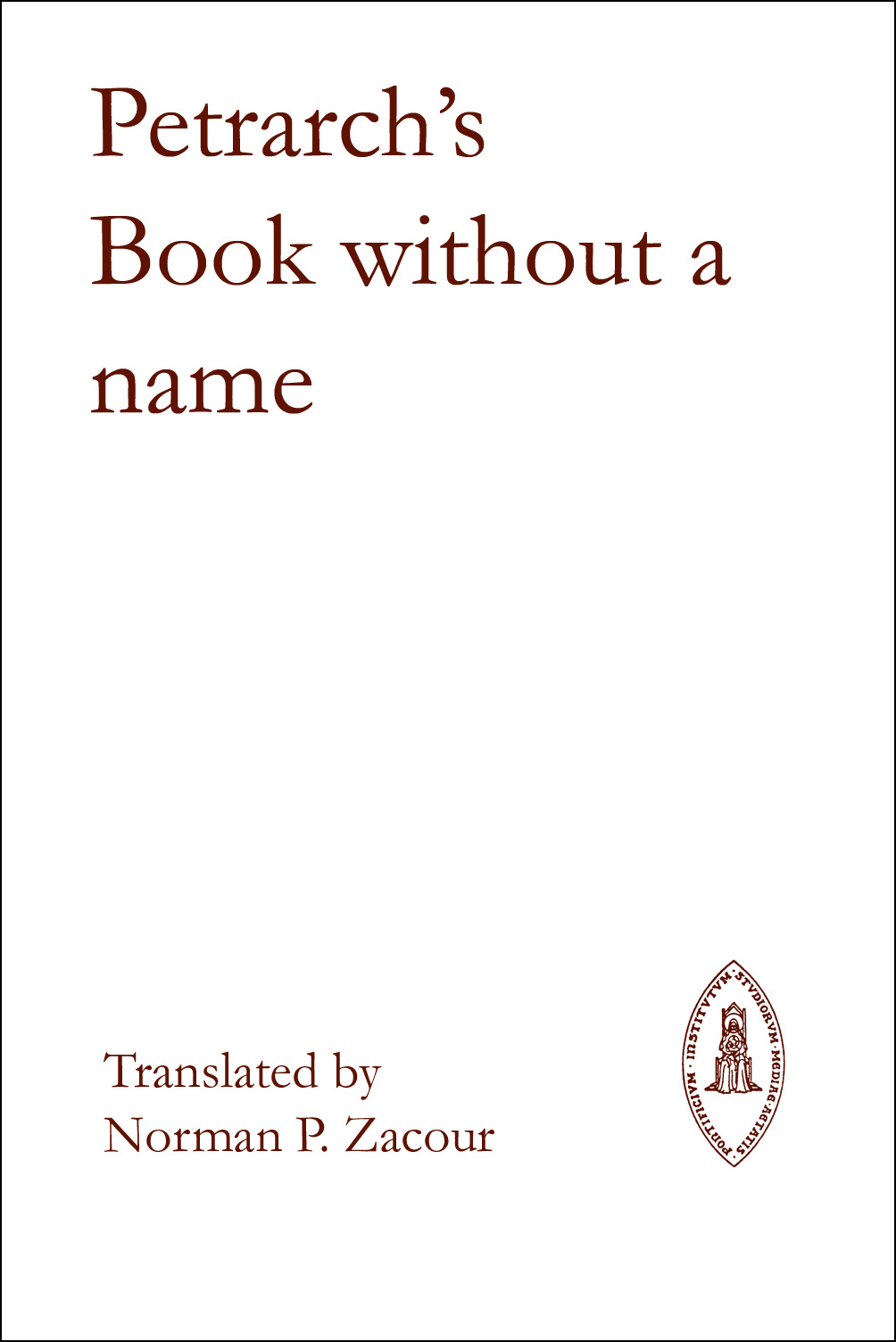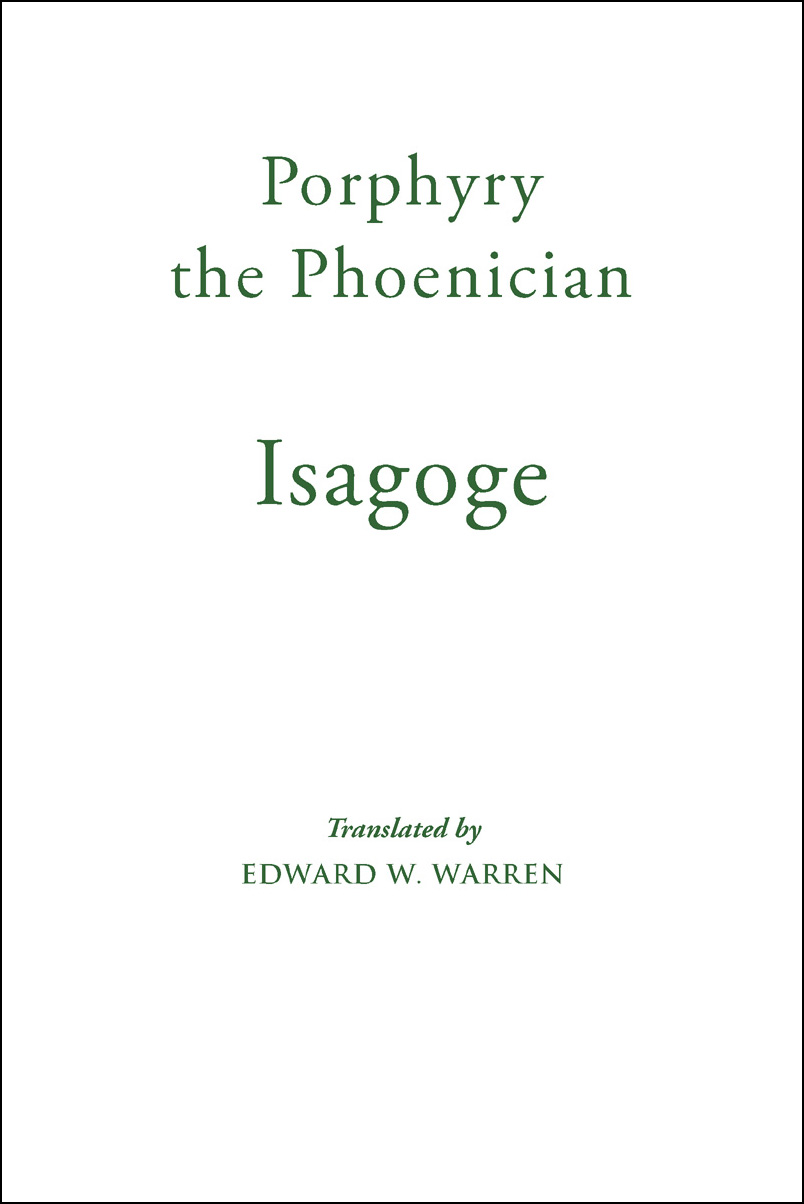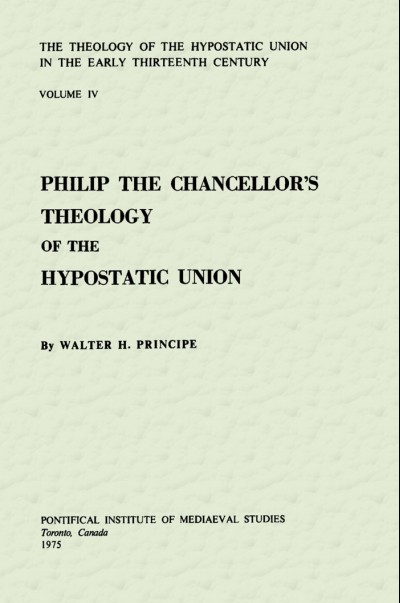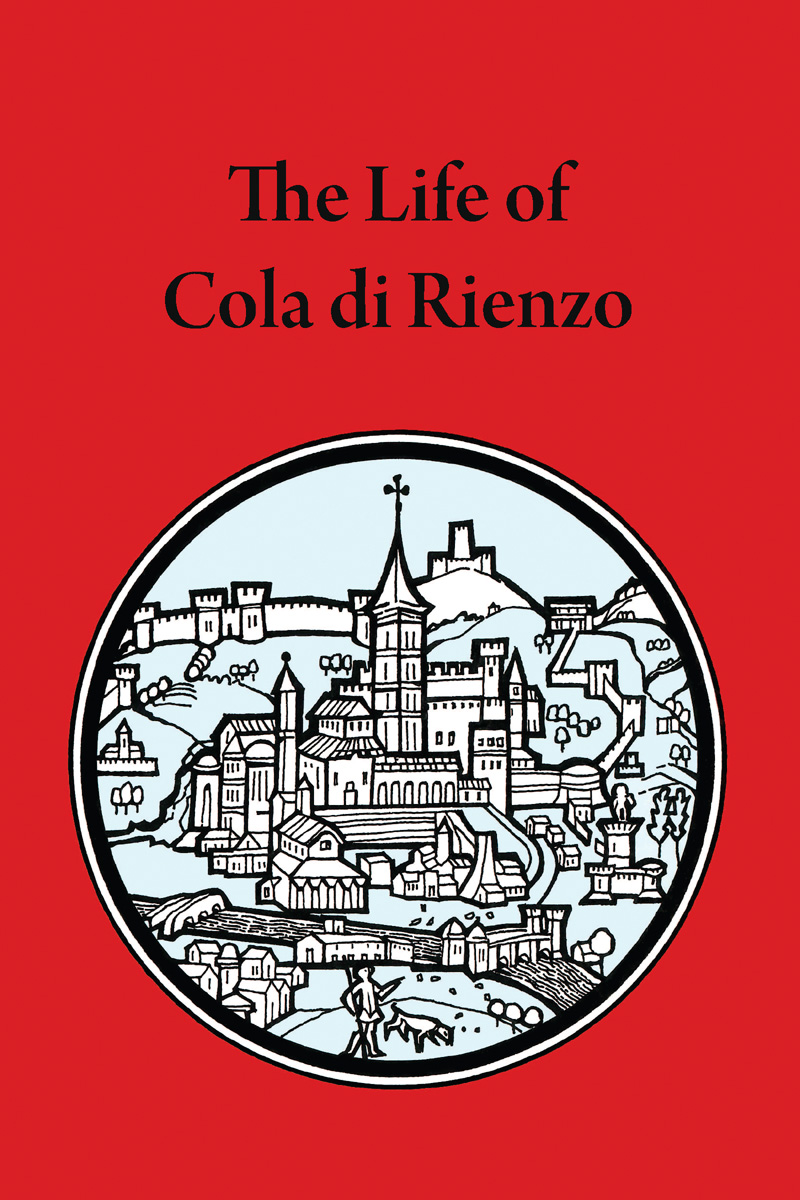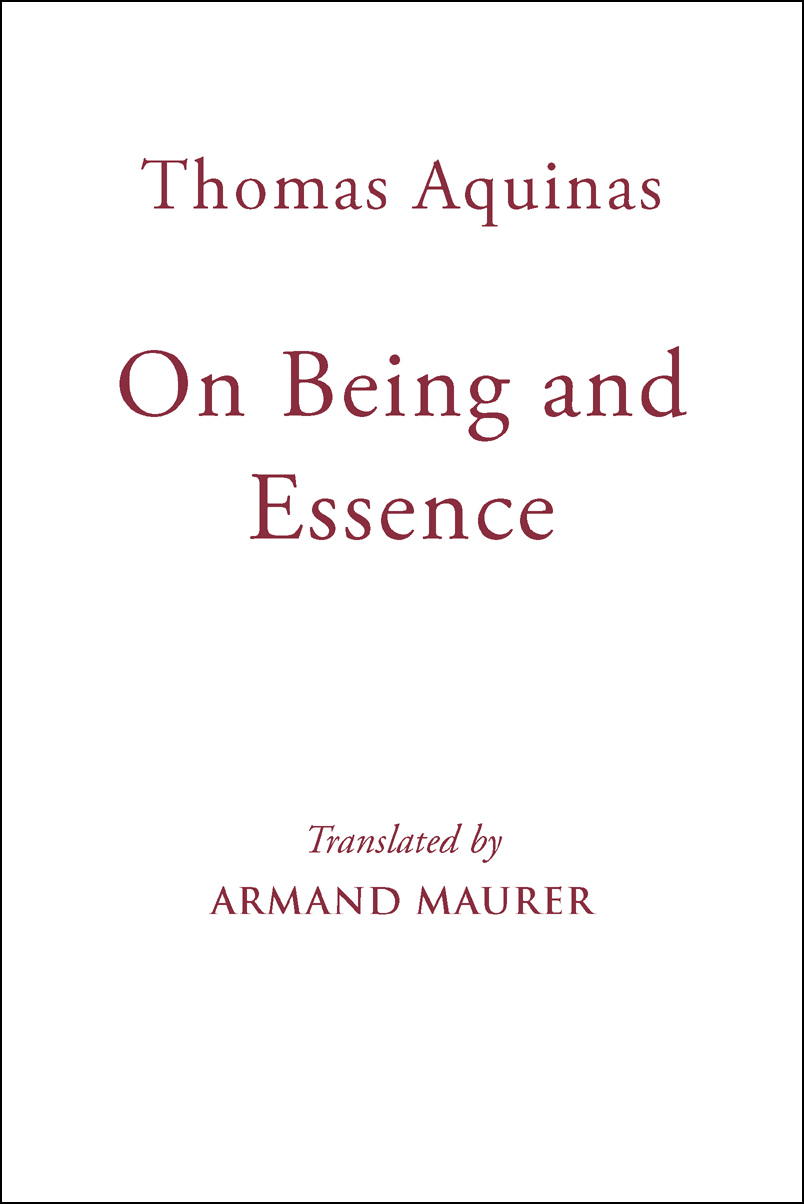
On Being and Essence
Translated with an introduction and notes by Armand Maurer. Second revised edition. MST 1. 1968. 79 pp. ISBN 978–0–88844–250–5 • $12.50
Thomas’ short treatise De ente et essentia (On Being and Essence) is a classic text on the meaning and mystery of being. One of his early works, it was written before Thomas became Master of Theology at Paris in March 1256, and thus does not contain the architectonic metaphysical and theological structures of the Summa theologiae and the Summa contra Gentiles.




